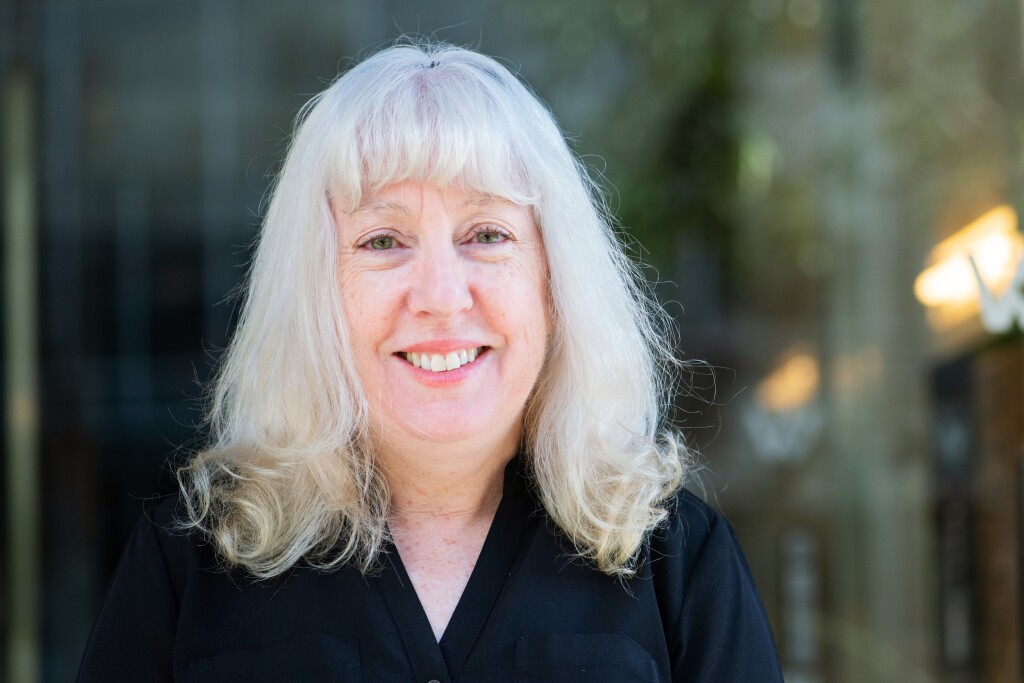Vickie Skorji is the TELL Lifeline Director. We featured her in our April 2020 edition and catch up with her now, as mental and physical health is a concern during the pandemic. If you are not familiar with TELL, please read about this valuable community organization dedicated to our mental health: telljp.com
We’ve been facing the challenges of COVID for a year. What are some of the effects of prolonged stress on our minds and bodies? What can we do?
Our bodies can handle the physical and mental toll of stressful situations over short periods. When this is prolonged, it eats into our reserves and strips away our ability to stay strong and healthy. More than 12 months into this pandemic we are witnessing many people worldwide who are physically and mentally depleted or burnt out. COVID-19 stressors are not affecting people equally. Some groups are more vulnerable, such as women, youth, lower-income, certain racial and ethnic groups, and those who have contracted COVID-19 or lost loved ones to the disease. In Japan, suicide rates have increased amongst women and youths who feel they can no longer cope or see hope for the future. We know these groups have experienced greater job losses, child care issues, domestic violence, disruptions to their lives, or are more likely front-line responders.
During disasters and, in particular, a pandemic, we need to take care of our health, mentally and physically. This includes making sure we get sufficient sleep, eating healthy food, exercising, and getting help if we are not coping. It is important to establish routines–take adequate breaks, keep connected, and help others. Keeping our immune system strong and our minds healthy is crucial to our survival.
Once we overcome COVID, will there still be lingering psychological effects? What sort of ‘after-care’ is there?
Research from previous disasters tells us that everyone is currently experiencing a traumatic stress response. Around 5-10% of the population is likely to develop PTSD (post-traumatic stress disorders) following the pandemic’s end. The longer the period of stress, the fewer resources and support we have. The more directly impacted we are by it, the more likely we are to develop PTSD. Large sections of the population are experiencing a range of anxiety disorders and depression, which is why we are witnessing an increase in suicide rates. People need support and access to mental health care, as much as they do for their physical health. We know the signs of COVID-19 and what to do if we show symptoms, but can the same be said for a problem with our mental health? Would we know how to recognise anxiety or depression in ourselves or others, or how to help someone or where to go for support? We all should as it could save a life.
Adversity is a regular part of life, though COVID is more severe than most. Is there anything we can do to mentally prepare ourselves for adversity in life?
Yes, life is full of ups and downs, but it’s also about developing coping strategies and recognising the impact of stress on our mind and bodies. We need to understand the impact of stress on our minds and bodies and develop coping strategies that work. A lot is being said about mindfulness strategies–that is one great tool we can use. It helps us focus on the here and now. Too often when we are stressed, anxious, depressed or worried, we are focused on the future or the past, neither of which we have any control over.
What will you personally do once things return to normal? What do you yearn for?
I miss my family. I have a daughter in New Zealand, and a son and elderly parents in Australia. I also miss catching up with friends, going to restaurants and going for little escapes and exploring Japan.
Does TELL have any new initiatives this year? What can readers do to help?
In April TELL will hold a two-day conference on women and youths’ mental health issues, to help raise awareness of their challenges. We also aim to employ new technology with our Lifeline that enables our volunteers to take calls remotely more effectively and expands our chat service. We are currently interviewing for our Spring 2021 volunteer training, which will start on Feb 27–that will be conducted online.We are always in need of volunteers for the Lifeline, sponsors for our events, or donations to keep our Lifeline operating.


